Introduction
Ever wondered what separates good sports player from the average ones? It’s not just talent—there’s so much more that goes into excelling in sports. Becoming a good sports player means mastering the physical, mental, and emotional aspects of the game. It’s a journey, but the rewards are worth it. Let’s dive into how you can level up your game.
The Basics of Becoming a Good Sports Player
Understanding the Sport You Choose

The first step to becoming a good sports player is knowing your game inside out.
- Researching game rules and history: Learn the rules and strategies like the back of your hand. Delve into the sport’s history—it gives you a sense of tradition and respect for the game.
- Identifying role models in the sport: Follow professional athletes who inspire you. Watch their games, study their moves, and learn from their discipline.
Physical Fitness is Key
You can’t perform at your best without a fit body.
- Developing strength and stamina: Sports require endurance, agility, and power. Start with a solid fitness regimen that includes cardio, strength training, and flexibility exercises.
- Importance of regular exercise: Make exercise non-negotiable. Consistency is the secret sauce to building a strong physique.
Skills Development
Mastering the Fundamentals
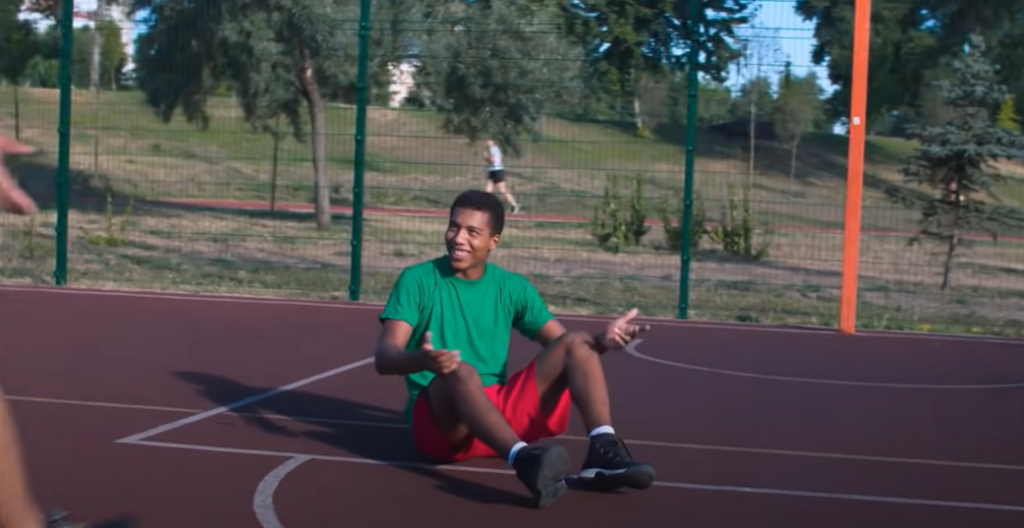
Good players perfect the basics before moving on to advanced techniques.
- Practicing essential skills: Repetition is the mother of skill. Whether it’s dribbling, passing, or shooting, make it second nature.
- Improving techniques through drills: Drills aren’t just for beginners; they sharpen your skills and keep you game-ready.
Enhancing Advanced Techniques
Once you’ve nailed the basics, it’s time to level up.
- Learning from experienced coaches: A good coach can spot your strengths and weaknesses. Listen, learn, and implement.
- Using video analysis for improvement: Watching your games can help pinpoint areas for improvement and give you a fresh perspective on your performance.
Mental Preparation
Building a Positive Mindset
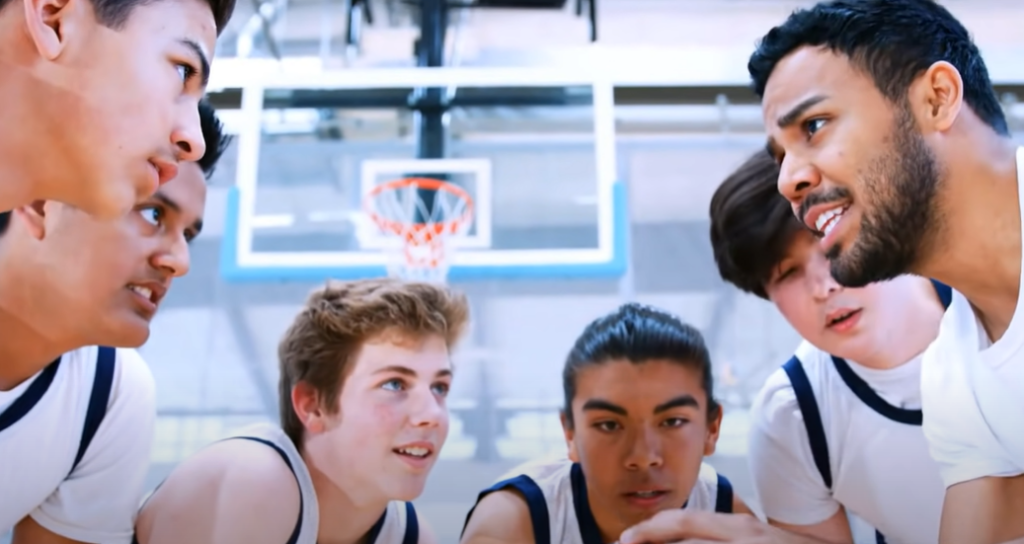
The mind is a powerful tool—use it wisely.
- The role of confidence in good sports player : Believe in your ability. Confidence can turn a good player into a great one.
- Overcoming failure and setbacks: Failure is part of the game. Learn from mistakes and come back stronger.
Staying Focused
Distractions can cost you the game.
- Techniques for mental discipline: Meditation and mindfulness can help you stay present and focused.
- Visualization and goal-setting: Picture your success before it happens. Set clear, achievable goals to keep you motivated.
Teamwork and Communication
Importance of Collaboration
Sports are rarely a solo endeavor.
- Building trust with teammates: A strong team is built on trust. Support each other on and off the field.
- Communication skills on and off the field: Clear communication ensures everyone is on the same page during a game.
Respecting the Coach and Team
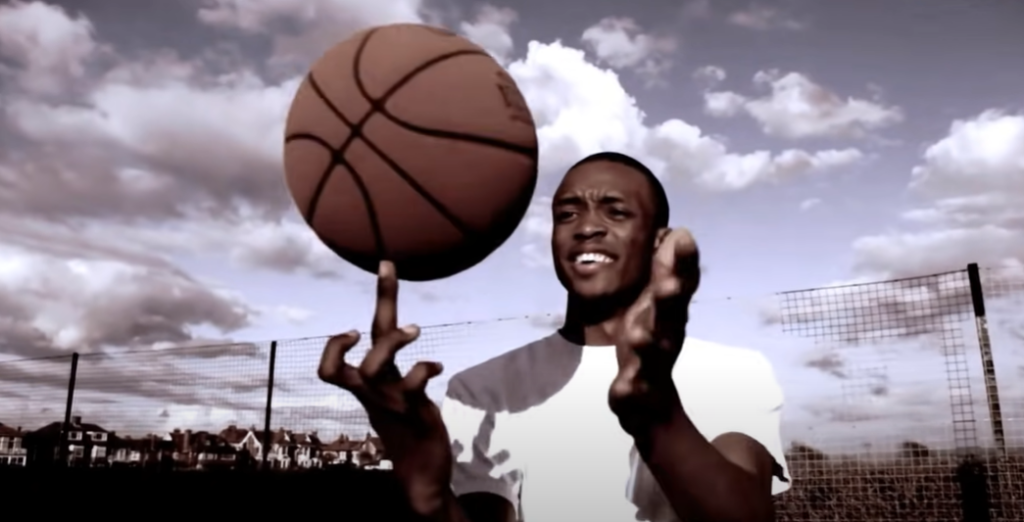
Respect builds a healthy and productive environment.
- Listening to advice and feedback: Your coach’s guidance is invaluable. Take their input seriously.
- Understanding team dynamics: Every team has its own vibe. Adapt and find your place within it.
Commitment and Consistency
Regular Training
Hard work beats talent when talent doesn’t work hard.
- The power of routine: A regular training schedule keeps you disciplined and sharp.
- Balancing training with rest: Rest is just as crucial as training. Overworking can lead to burnout.
Setting Achievable Goals
Aim high, but keep it realistic.
- Short-term vs. long-term goals: Break your journey into smaller milestones. Celebrate your wins along the way.
- Tracking progress over time: Keep tabs on your growth. It keeps you motivated and on track.
Nutrition and Recovery
Fueling Your Body
What you put in your body matters.
- Choosing the right diet: Eat clean and balanced meals. Focus on proteins, carbs, and healthy fats.
- Staying hydrated: Dehydration can affect performance. Keep a water bottle handy at all times.
The Importance of Recovery
Your body needs time to heal and grow.
- Stretching and cool-down exercises: These reduce soreness and improve flexibility.
- Benefits of proper sleep: Sleep is when the magic happens—your body repairs and strengthens itself.
Adapting to Challenges
Coping with Injuries
Injuries are inevitable but manageable.
- Importance of immediate care: Don’t ignore injuries. Early treatment prevents long-term damage.
- Mental resilience during recovery: Stay positive and patient. Recovery is part of the game.
Adjusting to Changing Conditions
Flexibility is a player’s best friend.
- Adapting to new teams or locations: Change can be daunting, but it’s a chance to grow.
- Staying flexible with strategies: Always have a plan B. The ability to adapt can win games.
Conclusion
Becoming a good sports player isn’t just about physical prowess—it’s a holistic journey involving mental strength, teamwork, and perseverance. Focus on consistent improvement, stay humble, and enjoy the process. Remember, greatness is a marathon, not a sprint. Go out there and give it your all!
FAQs
- What are the most important qualities of a successful good sports player?
- Discipline, resilience, and teamwork are essential traits.
- How can I stay motivated while training?
- Set clear goals, track your progress, and celebrate small victories.
- What should I eat before and after a game?
- Eat a light meal with carbs before and a protein-rich meal afterward.
- How do I improve my communication with teammates?
- Practice active listening and ensure clear, concise communication.
- How can I prevent common sports injuries?
- Warm up properly, use the right gear, and avoid overtraining.

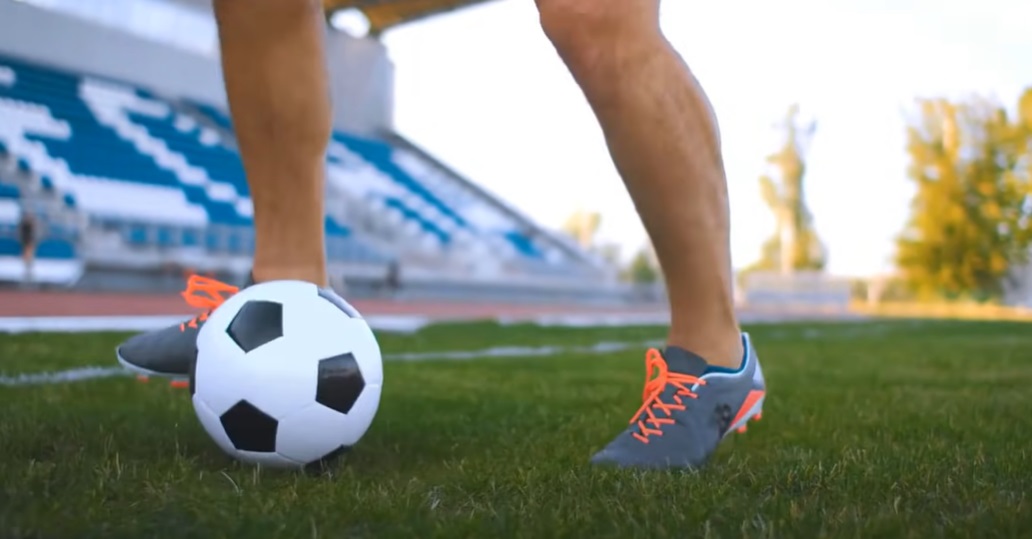






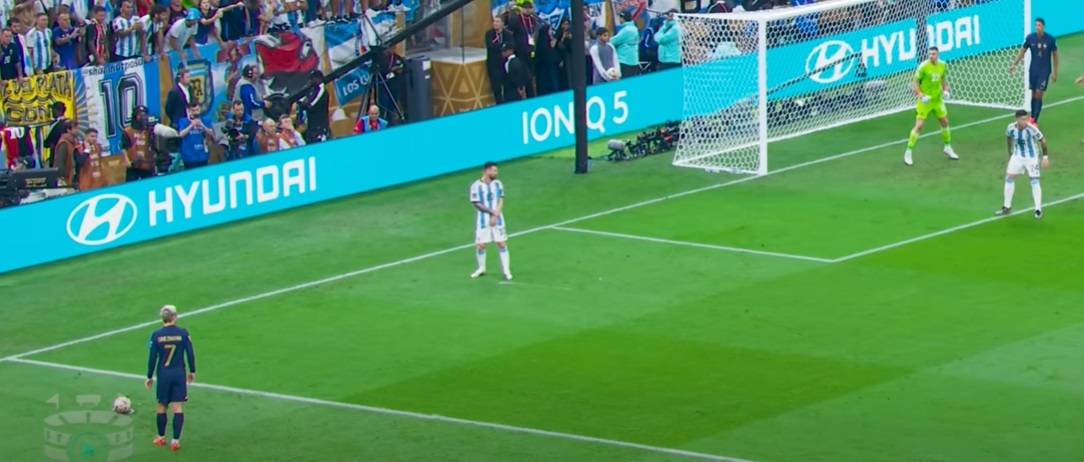
Leave a Reply